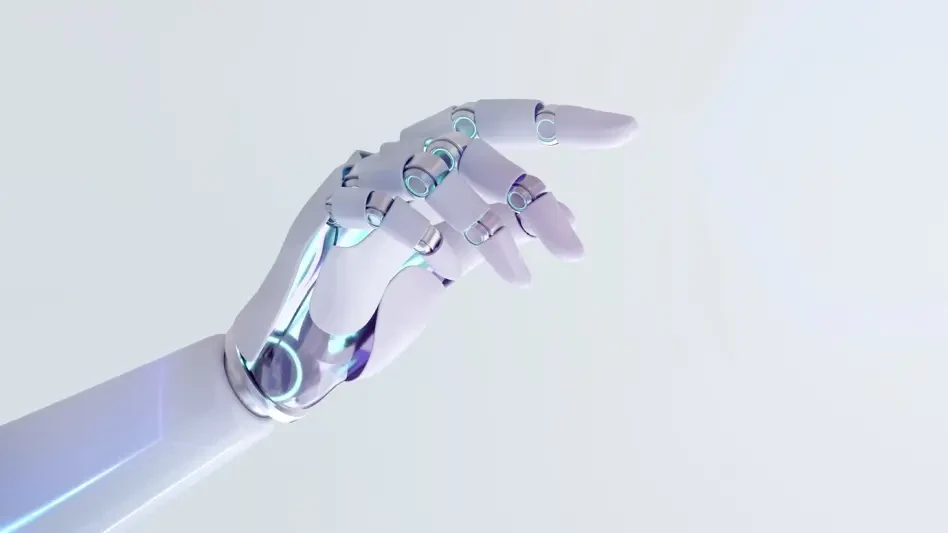Life in rural Illinois presents unique challenges, particularly affecting maternal healthcare. Imagine a world where technology breathes life into remote areas by empowering expectant mothers with timely, personalized health recommendations. This transformation is not imaginary; it is happening today, fueled by an innovative RPM program leveraging AI-powered tools to dramatically improve maternal health outcomes in rural communities.
Innovative Program Promises a New Dawn for Maternal Health
This initiative is more than an exciting advancement in healthcare technology—it’s a crucial pivot toward solving maternal health challenges that continue to plague Illinois and the nation. AI’s surprising role in addressing these issues puzzles some but delights those who see its potential to change the landscape of healthcare infrastructure in under-resourced regions. With tech advancements poised to assist where traditional practices fall short, what lies ahead for maternal care in underserved areas?
An Urgent Need for Action in Maternal Health
Maternal health in rural Illinois urgently requires intervention. As provider shortages and high maternal mortality rates persist, Illinois exemplifies struggles reflected nationwide. Approximately one-third of its counties face maternal care access difficulties, echoing the country’s low performance in maternal mortality metrics among developed nations. Adding to the stress are inadequacies in mental health resources across over 90% of hospitals—an issue mirrored by 40% of pregnant women in Medicaid populations lacking adequate mental health diagnoses or treatments.
Understanding the RPM Program’s Impact
The collaborative effort between Google, Drive Health, and state officials showcases a bold step forward. Through the RPM program, expectant mothers receive Google Pixel phones and Fitbit devices that revolutionize health monitoring. These tools track vital statistics, including heart rate and sleep patterns, feeding personalized health strategies back to an AI health assistant named Nurse Avery. The program adapts comprehensive strategies to address nutritional guidance, genetic risk factors, and mental wellness, tapping into precise features of the participants’ digital health profiles. As counties grapple with healthcare provider shortages, the RPM program provides a lifeline, offering timely intervention that sidesteps geographic limitations.
Voices from the Frontlines of Innovation
State officials, healthcare providers, and beneficiaries of the RPM program speak positively about its transformative impact. Participants report receiving clear and relevant health advice, fostering a sense of empowerment and control over their pregnancy journeys. For example, expectant mothers facing limited access to healthcare express relief as purely distance-related barriers dissolve with AI intervention. These firsthand experiences underscore the relentless dedication behind this program’s success, serving as a beacon of hope for communities keen on seeing tangible improvements in maternal health.
Addressing the Future of Maternal Health with Artificial Intelligence
The impact of AI and digital platforms like Nurse Avery extends beyond Illinois, providing a scalable model for other regions seeking similar improvements in maternal healthcare. Strategies derived from this initiative open doors for future refinements, ensuring solutions remain responsive to emerging challenges. Exploring integration in struggling counties nationwide heralds potential advancements through enhanced patient engagement and seamless communication links between healthcare providers and their patients. As healthcare systems evolve, leveraging AI’s capabilities in maternal health presents opportunities for ongoing enhancement and responsiveness to varied community needs.
The use of AI in the RPM program in Illinois embodied more than technological progress; it marked a pivotal change in mindsets around maternal healthcare access, especially in rural areas. As communities continue to mirror Illinois’ success, new pathways have emerged toward sustainable solutions to maternal health challenges. The integration of technology serves as a beacon, guiding future innovations toward equitable and accessible healthcare for all expectant mothers.









